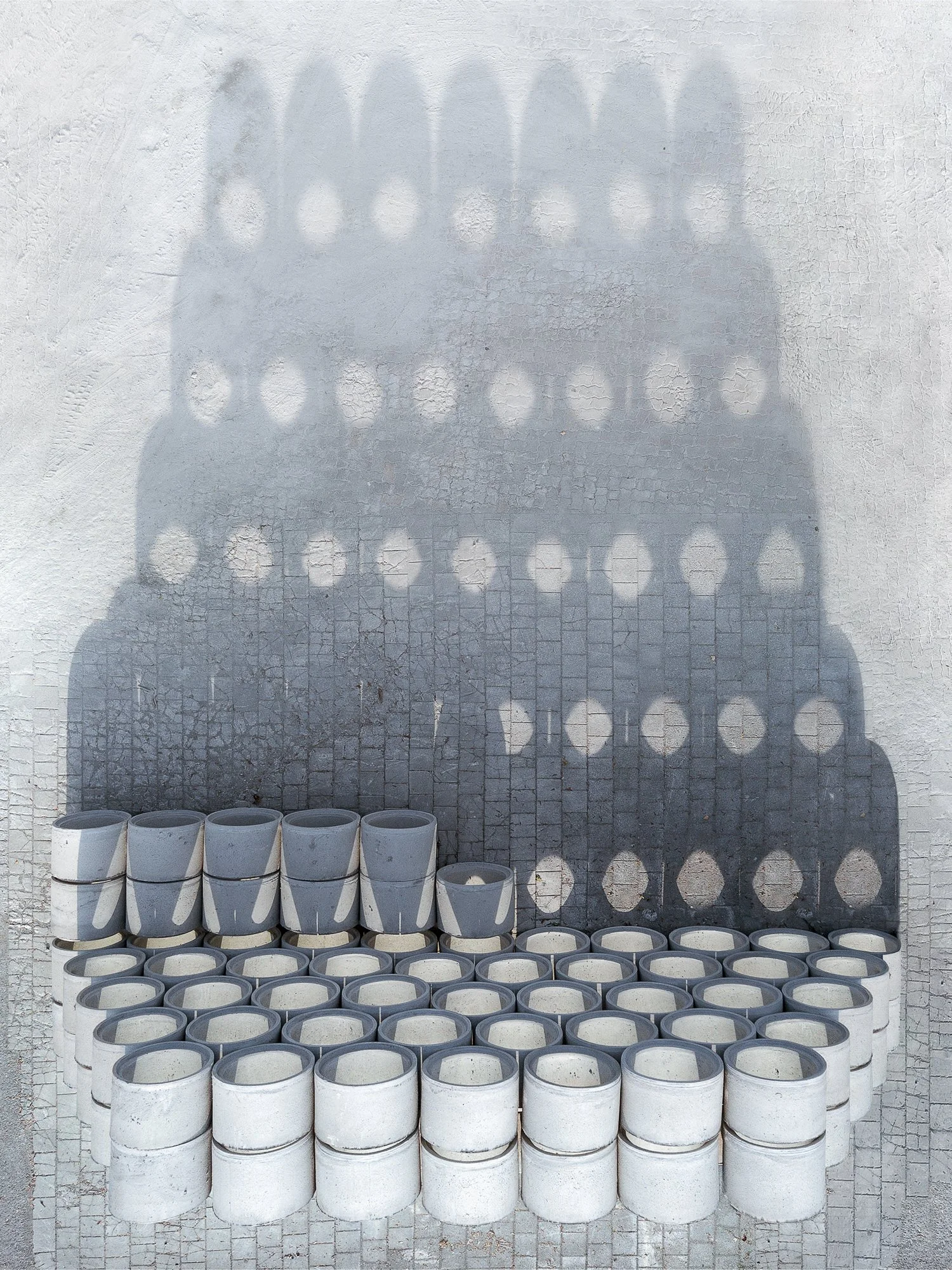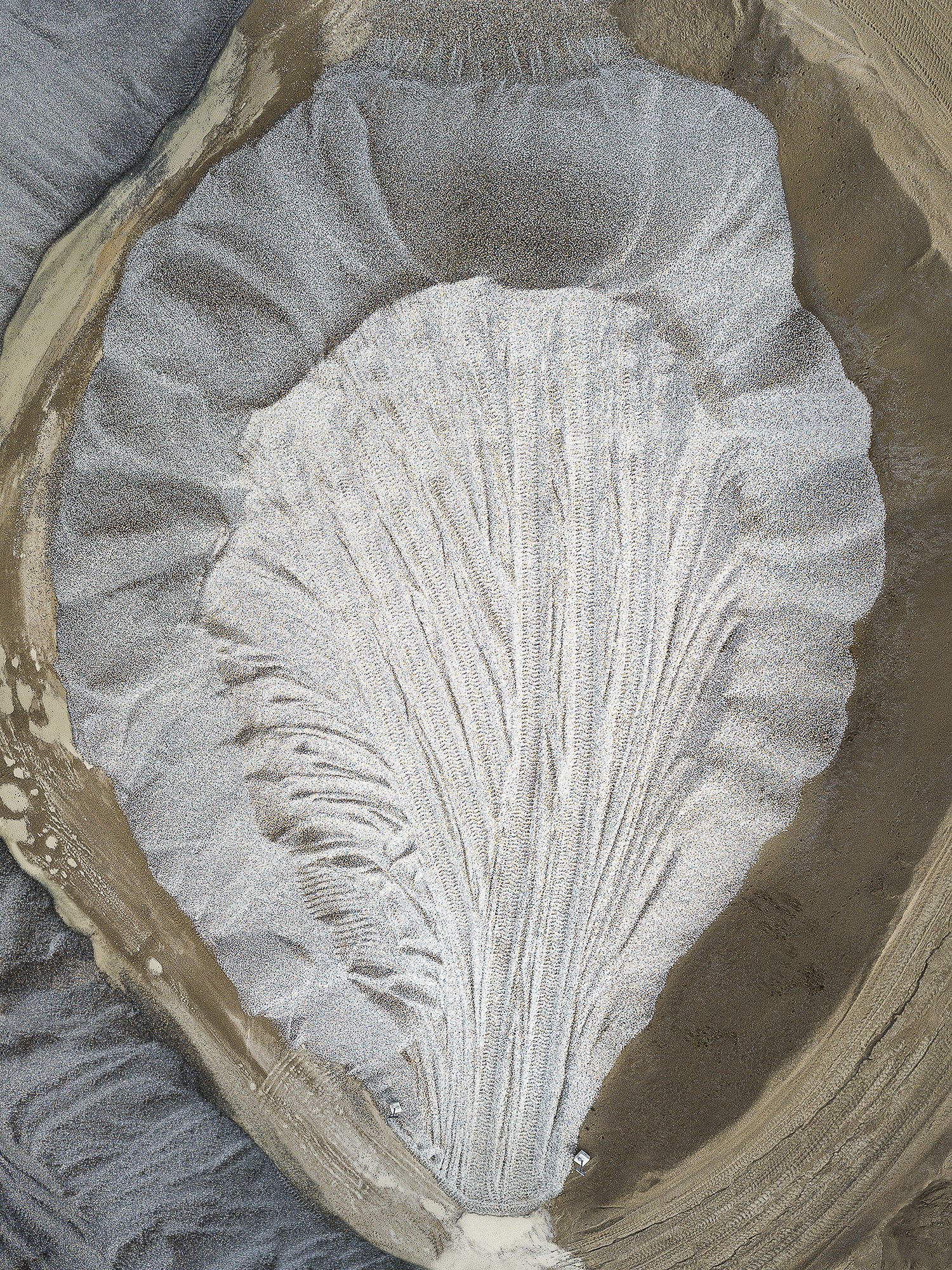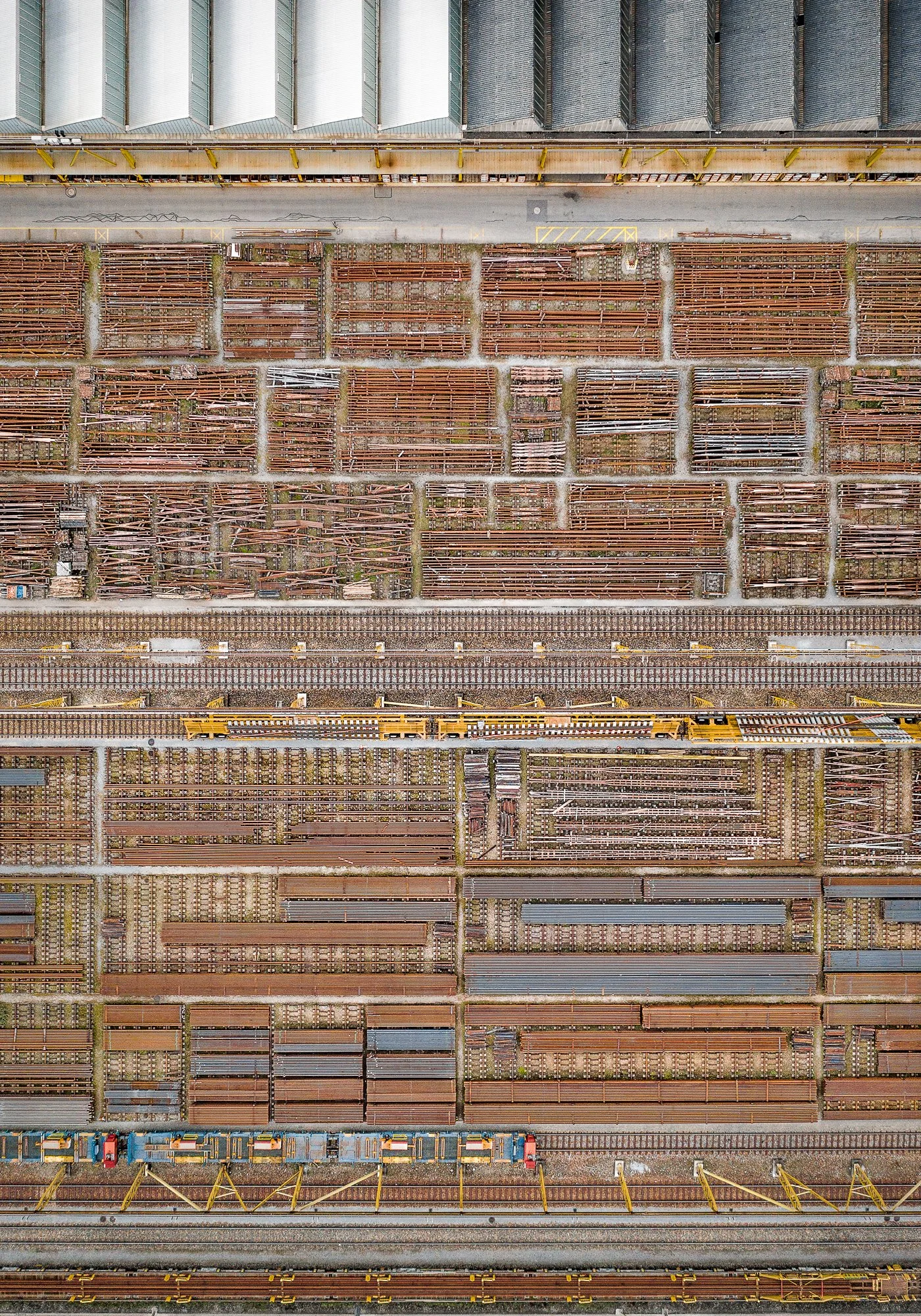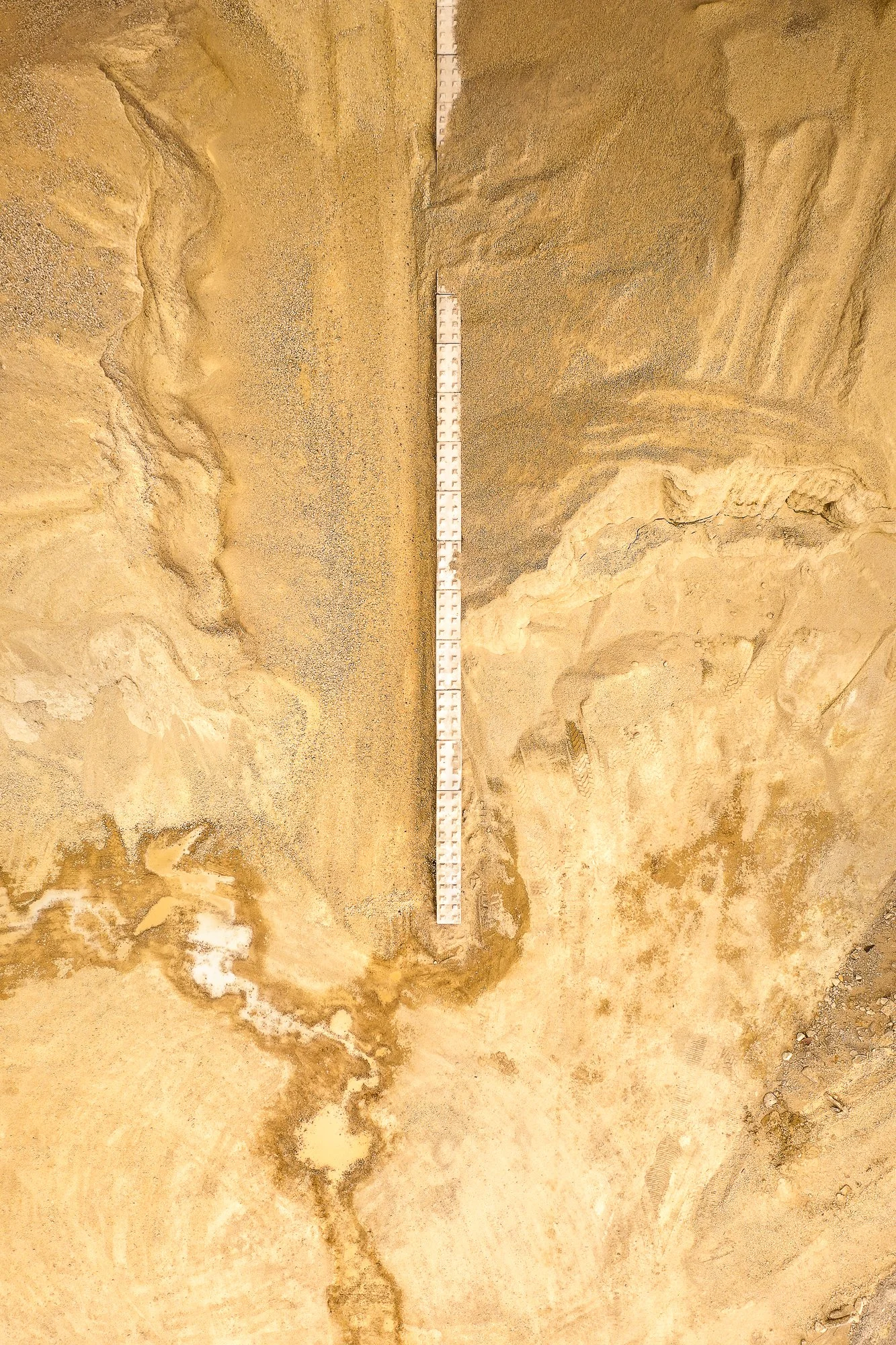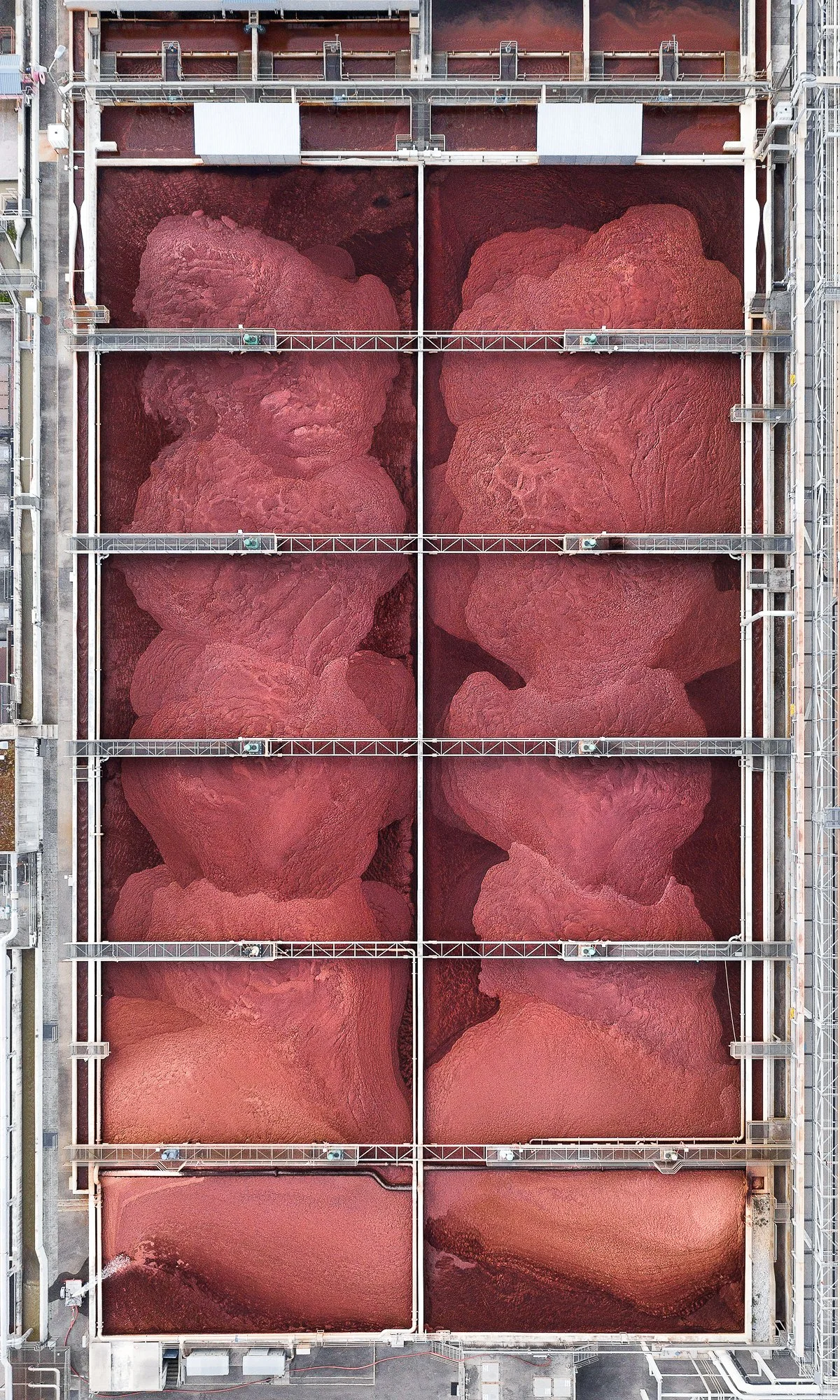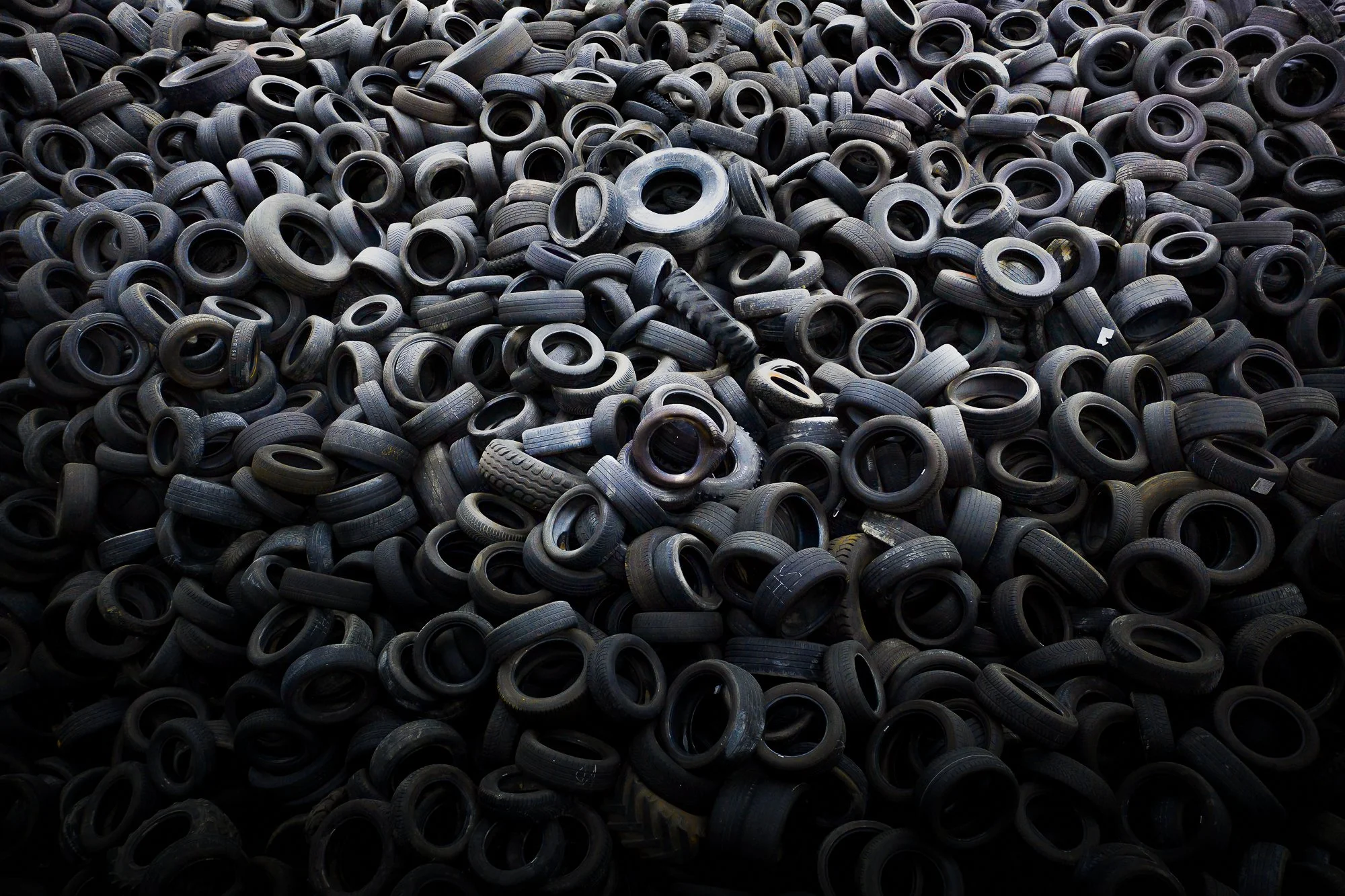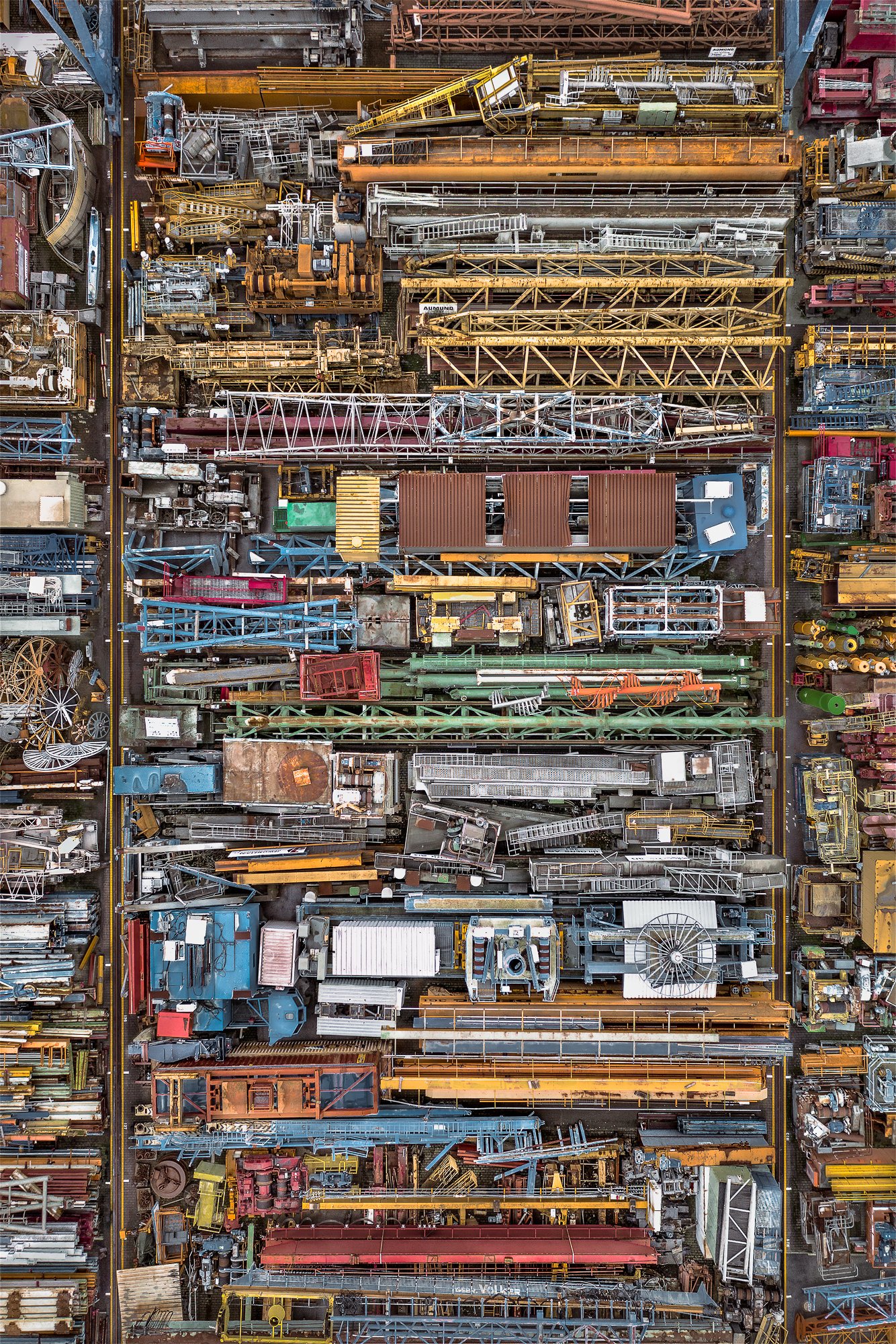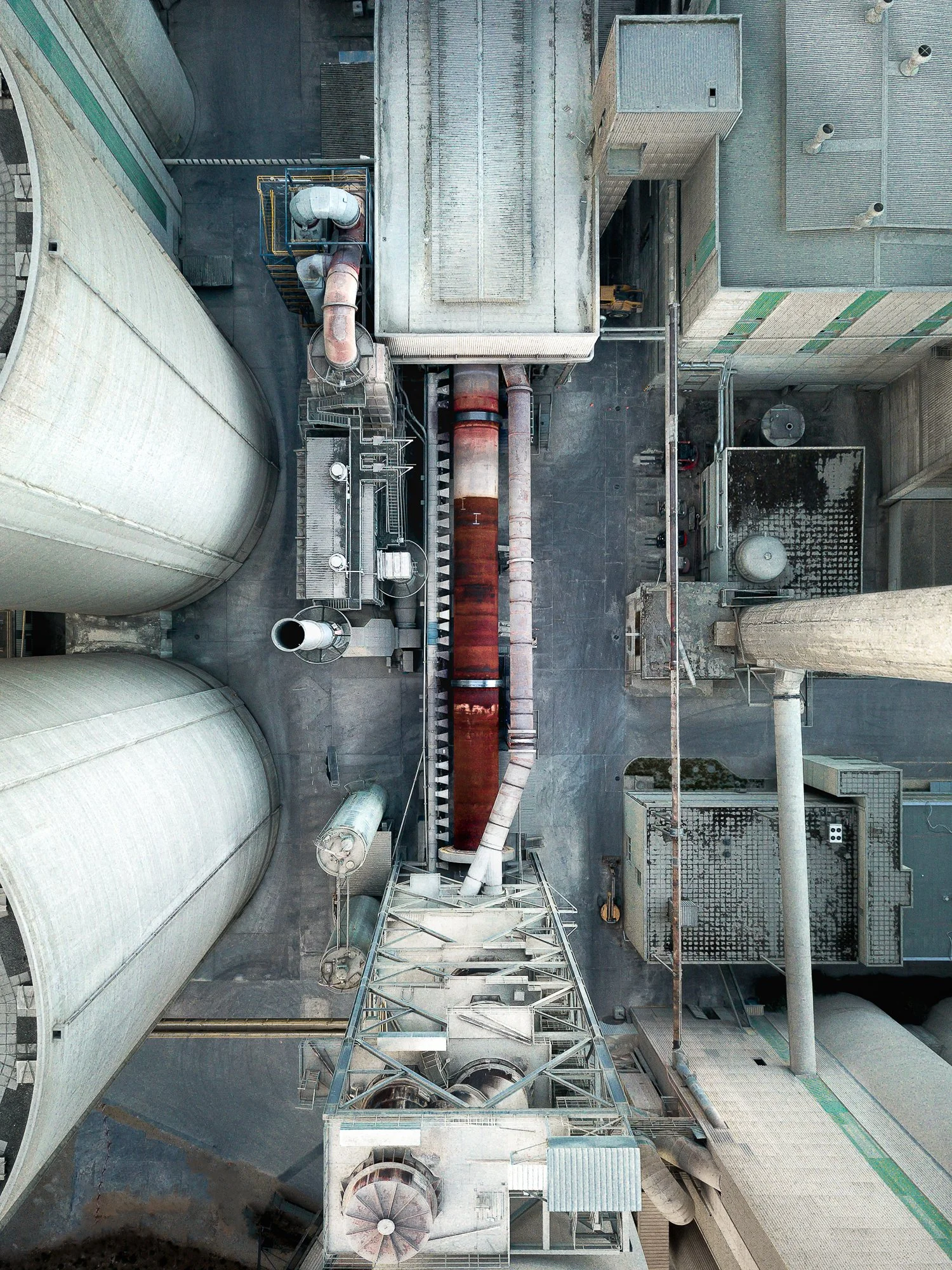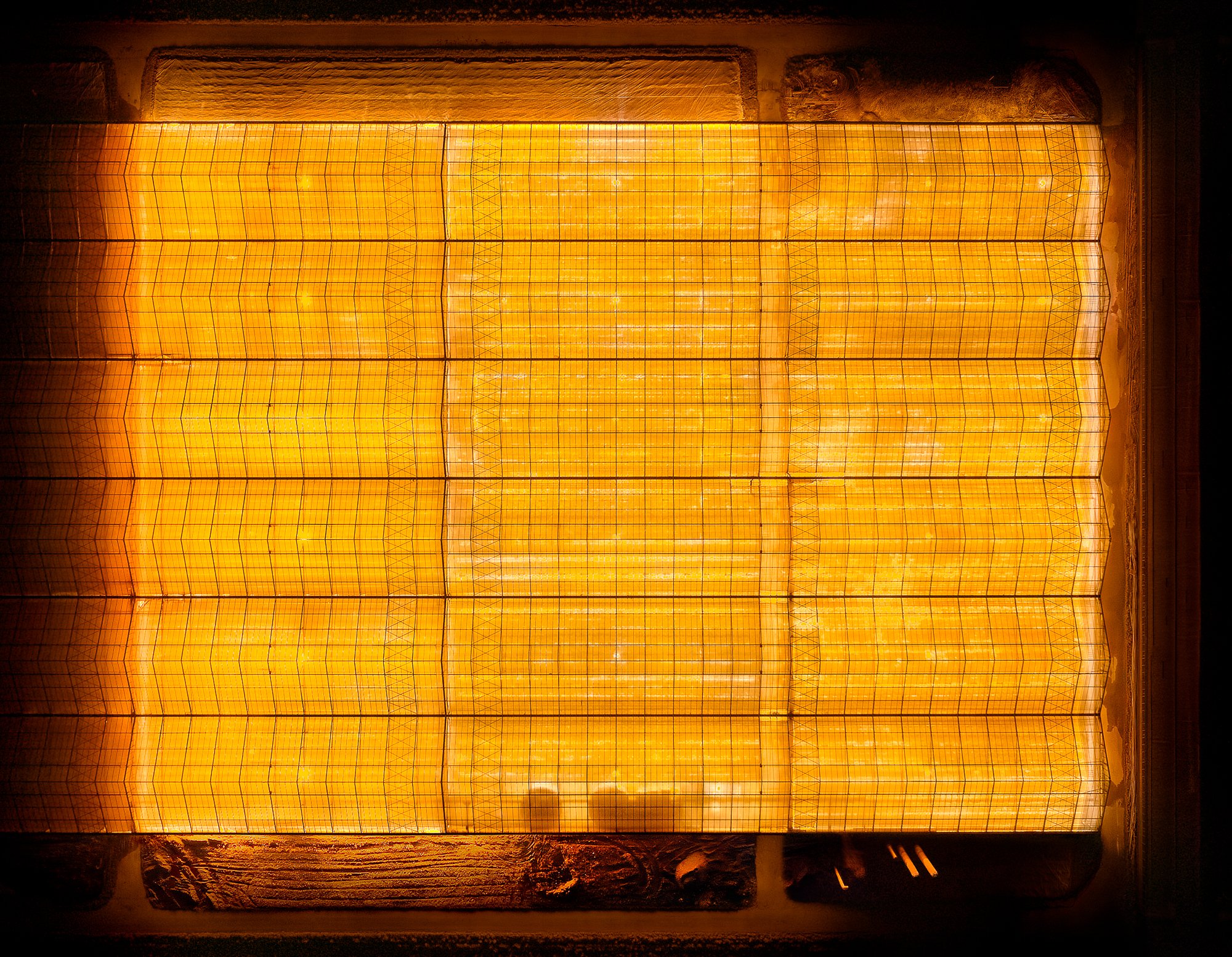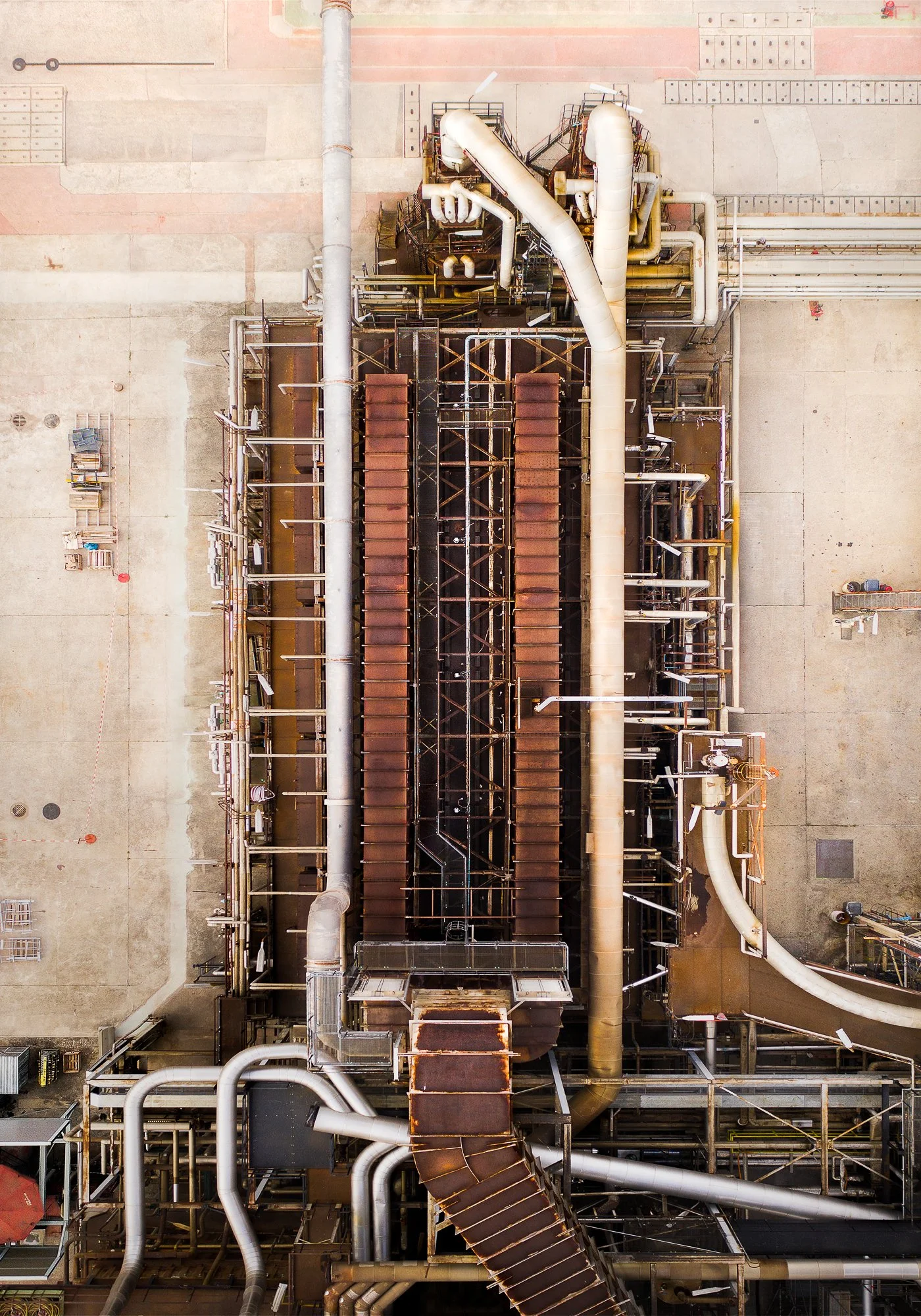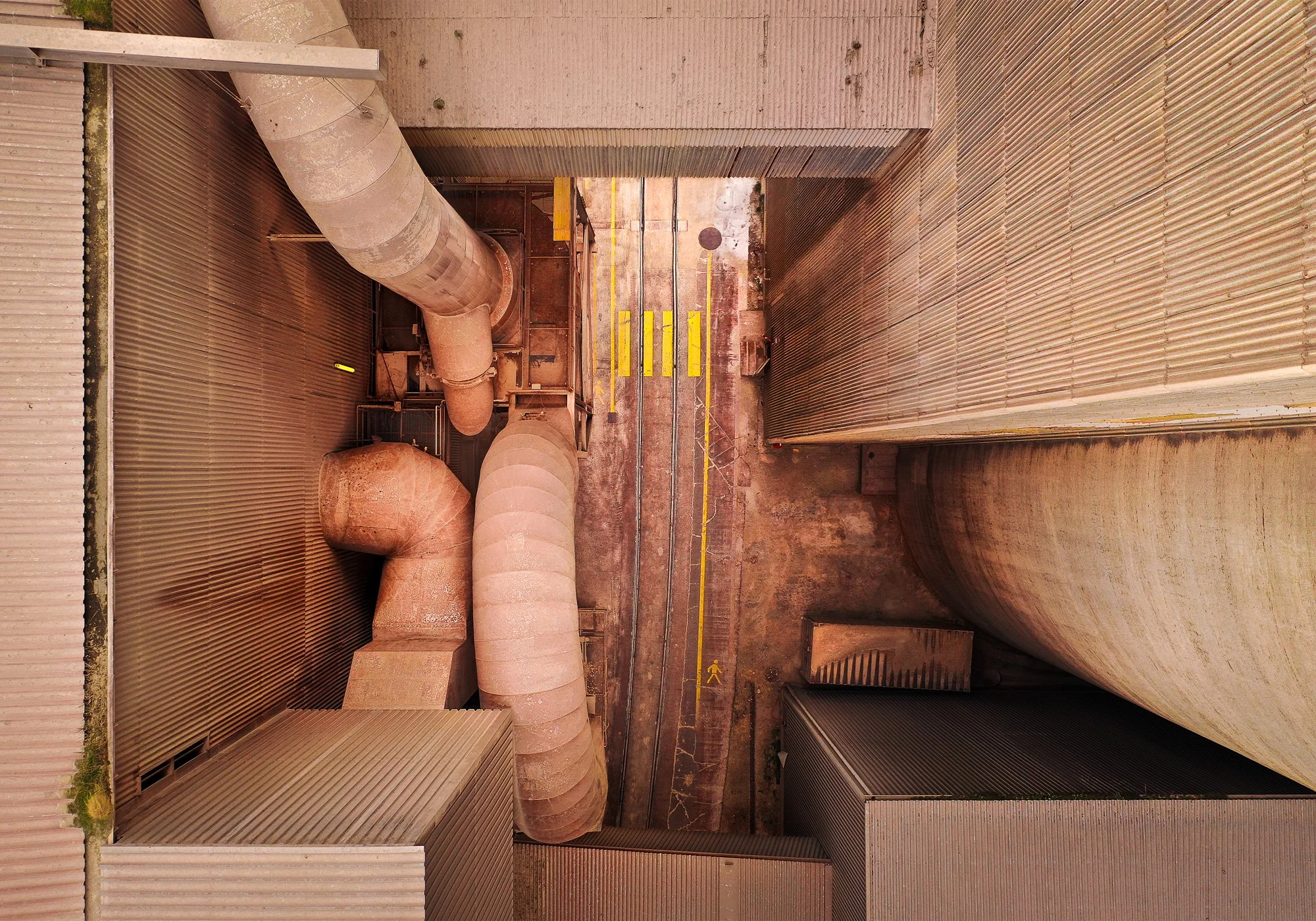The building frenzy and the amount of fast construction that characterises our environment today is questionable. Today's modern man is constantly in search of quick gratification. The gaze of our commercial society is content with an illusory perfection that promises us instant satisfaction. The idyll of this world dominated by sensationalism, which relentlessly fuels our desire, then represents a reduced décor of the complexity of our environment. So we live surrounded by places that flaunt their brazenness without restraint and remind us of their limitations through so-called enticing artifice. Day after day, this race for the extraordinary leads us away from what really makes our cities, our villages and our landscapes: the insignificant. If we disregard this false cosmetic beauty, the marginal is revealed as the raw material of our surroundings. Invisible and transparent, ordinary and banal, the trivial is raw and crude because it is honest and perceptible. We quickly turn away from it and show no interest in it at all. And yet we very rarely become aware of the importance of its role as an essential part of our daily lives or even try to understand the extent to which the trivial is the basis of our social, cultural and urban structures. But beyond this conformist rigidity, which tends to reduce our perception of reality, shouldn't we embrace a new ambition that, precisely through the bland and the ordinary, can produce things that are surprising and extraordinary because they are precisely unsuspected?
The industrial area was built for a sole purpose: to serve us. Both connected to and isolated from the environment in which we live, this landscape, greatly altered by the hand of man, hides behind its strict fences the aggression and power that characterises it. Well protected from any intrusion, an industrial area thus hardly lets the ruthlessness of its buildings shine through. Marked by the rationalisation and efficiency of its activity, an industrial area loses this coolness and sobriety as soon as the beginnings of a new use makes themselves felt. Nature takes over its ancestral place again and begins to expand, new values are gained or space is solemnly made for the city once more. Within these barricades, spaces emerge that are expressions of raw crudeness, whether through the huge, oversized scale of the buildings or the almost inhuman vastness of the surroundings. At night, these vast, endless expanses evoke a sublimity of absolute silence, but during the day they seem wild and terrifying. Whether they are fragile metal halls, monstrous steel machines or raw materials waiting to be transformed, they inspire us with their outrageous beauty. The astonishment of this fact, which at the same time evokes a feeling of fear but also of a great respect, makes us reflect on what we have always overlooked.
A bird's eye view is abstract and unusual. It distances us from preconceptions and arouses our curiosity because of this new possible overview. This vantage point over an isolated industrial fortress offers an extraordinary opportunity to immerse ourselves in its intimacy. Through the complexity of these installations, we discover the immediacy of their clustered arrangement, which can evoke wonder at a modest but striking honesty. These examples show quite concretely how much the value of a subject depends only on the eyes of the beholder. And no matter what the nature of the subject, the splendour of an earnest and modest richness is just waiting to be brought to light under attentive eyes.
David Bard is a young Swiss architect. In 2019, he founded his own office, called BARD YERSIN architects, together with his partner Thibault Yersin. His photographs are a continuation of his theoretical and architectural research on the brutalist ethic, questioning our relationship to the founding elements of the art of a building. For him, photography is a way of revealing the expressive force of his reflections on raw material and immediacy. The series The Hidden Face was exhibited as part of "Primal: the interest of disinterest", in January 2022 at the Musée du papier peint in the Château de Mézières. The plan was to show a world frozen in superficial landscapes in a new perspective and to convey the fascination that comes from discovering forgotten and disreputable territories. Prejudices are refuted by the clarity and exactness of the photographs.

